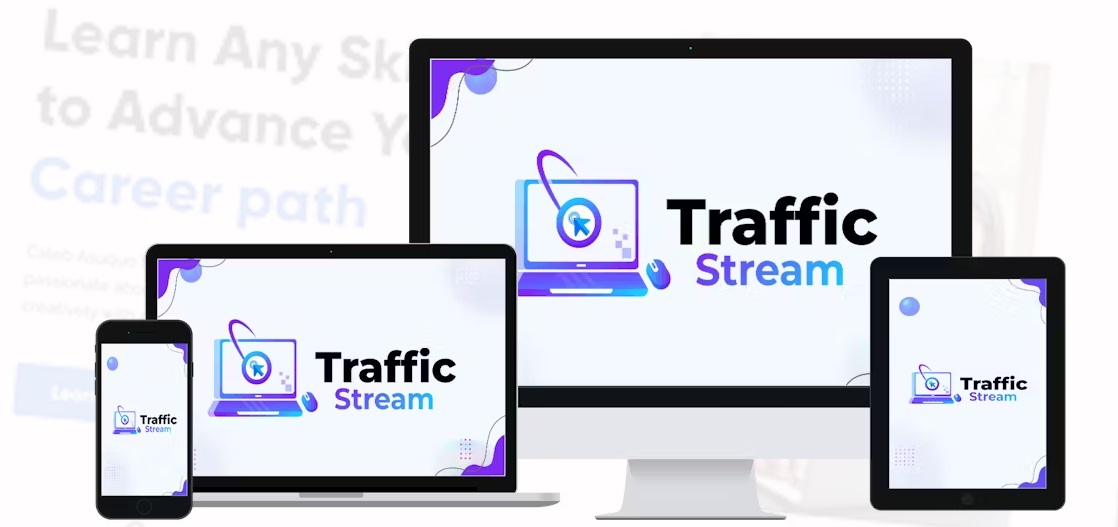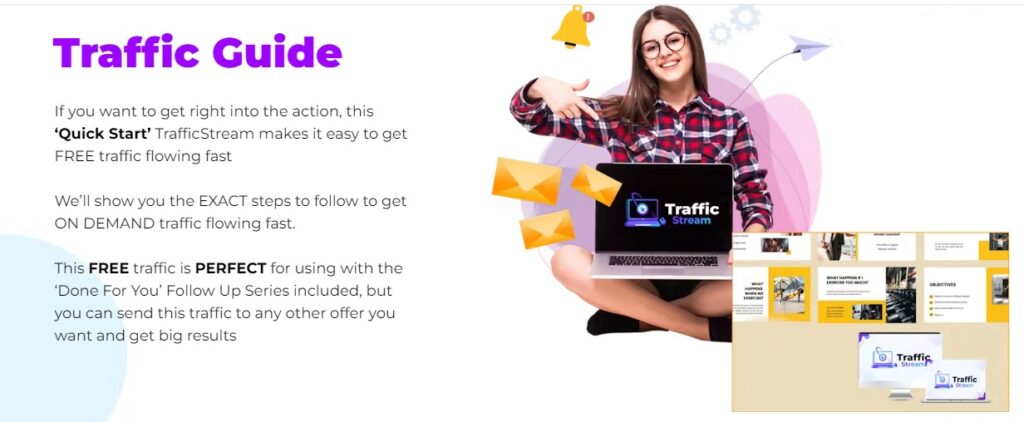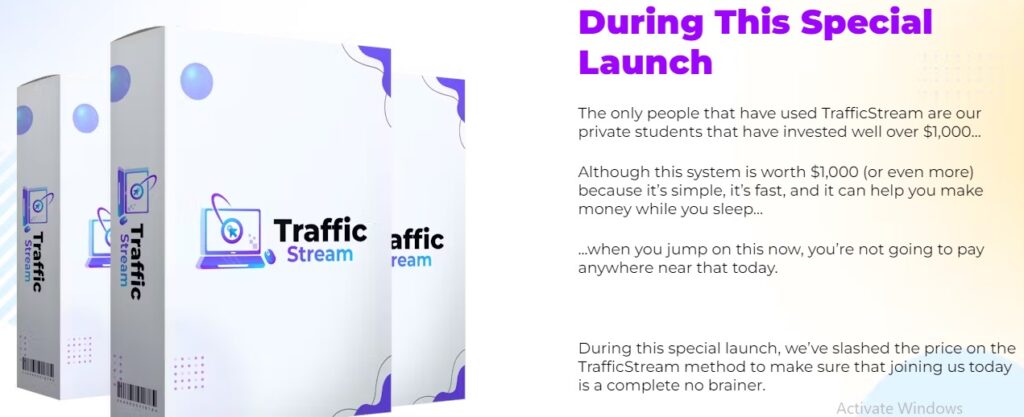
Navigating the Flow: A Review of Fergal Downes’ Contributions to Traffic Stream Analysis
Introduction of Traffic Stream :
Traffic stream analysis is a critical field within transportation engineering, aiming to understand and optimize the movement of vehicles on road networks. Fergal Downes, with his seminal contributions, has significantly shaped this domain. In this review, we explore Downes’ key works, methodologies, and their impact on the understanding and management of traffic streams.
Early Works and Methodologies:
Downes’ early research focused on developing methodologies to analyze traffic flow patterns. His work on flow-density relationships elucidated the fundamental interactions between traffic volume and density, laying the groundwork for subsequent studies in traffic modeling and management.

>>Click instant access and other details<<
Microscopic Simulation Models:
Downes’ contributions to microscopic simulation models revolutionized the field by enabling detailed analysis of individual vehicle behavior within traffic streams. His models, incorporating factors such as driver psychology, vehicle interactions, and road geometry, have become instrumental in designing efficient transportation systems and predicting traffic dynamics under various conditions.
Intelligent Transportation Systems (ITS):
Downes recognized the potential of ITS in optimizing traffic flow and enhancing road safety. His research on intelligent traffic signal control algorithms and real-time traffic management systems has led to the development of adaptive traffic control systems, capable of dynamically adjusting signal timings based on prevailing traffic conditions.
Traffic Flow Theory and Control Strategies:
Downes’ theoretical contributions to traffic flow theory have deepened our understanding of complex traffic phenomena, including congestion dynamics, bottleneck identification, and flow stability. Moreover, his innovative control strategies, such as congestion pricing and lane management techniques, have offered practical solutions for alleviating traffic congestion and improving overall system efficiency.

>>Click instant access and other details<<
Integration of Emerging Technologies:
Recognizing the transformative potential of emerging technologies, Downes has been at the forefront of integrating advancements such as connected and autonomous vehicles (CAVs) into traffic stream analysis. His research explores the implications of CAVs on traffic flow dynamics, safety. And infrastructure requirements, paving the way for the seamless integration of these technologies into future transportation systems.
Sustainable Transportation Solutions of Traffic Stream:
Downes’ research extends beyond traditional traffic engineering paradigms to address broader societal challenges, including sustainability and environmental impact. His studies on alternative transportation modes, such as public transit, cycling. And pedestrian infrastructure, advocate for holistic approaches to transportation planning that prioritize efficiency, equity, and environmental stewardship.
Conclusion of Traffic Stream:
Fergal Downes’ contributions to traffic stream analysis have not only advanced the theoretical foundations of the field but also yielded practical solutions for addressing real-world transportation challenges. His multidisciplinary approach, incorporating elements of engineering, mathematics. And computer science, underscores the complexity of traffic systems while offering innovative strategies for enhancing mobility, safety, and sustainability. As we navigate towards an increasingly interconnected and dynamic transportation landscape, Downes’ insights will continue to guide. And inspire future generations of researchers and practitioners in shaping the future of mobility.
